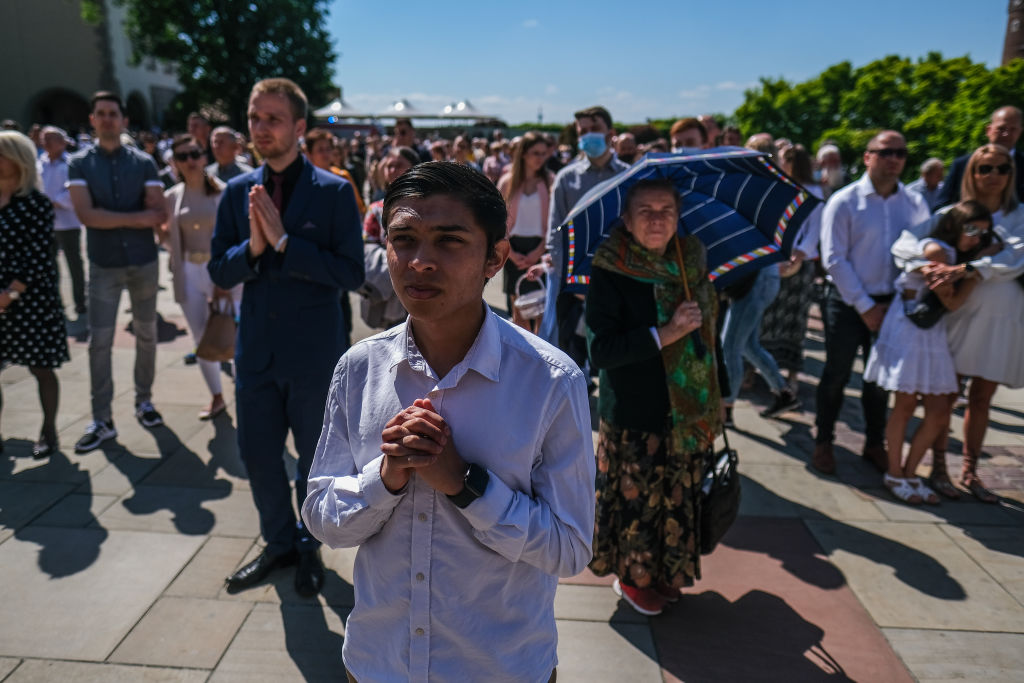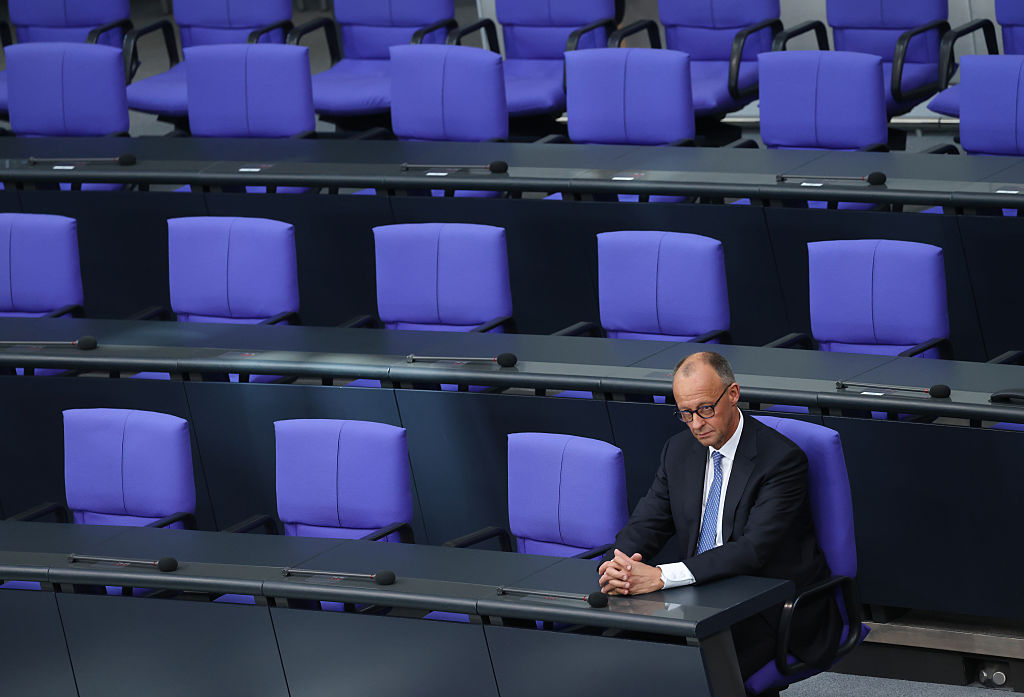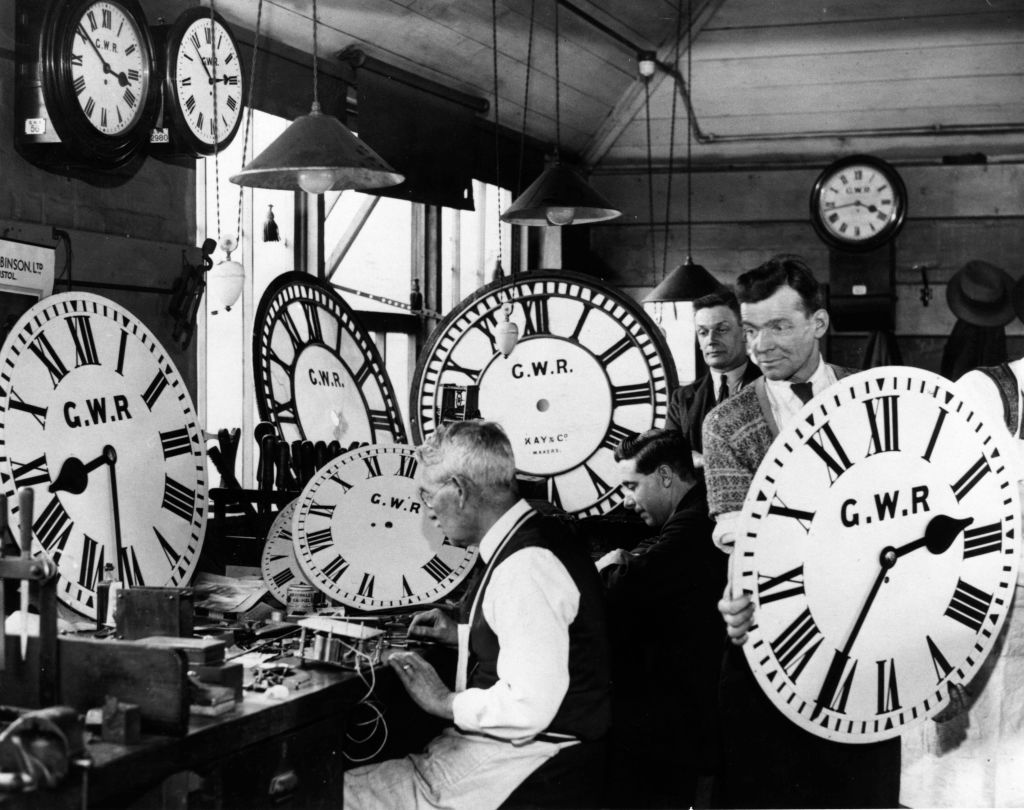Many observers think Dutch populist politician Geert Wilders was crazy to dissolve the government he had spent so many years trying to be a part of. It’s likely that he is crazy – like a fox.
Elite opinion contends that his decision to topple the government was a sign of his and his party’s inability to be serious governing partners. The dispute over immigration policy he contends was the cause for his decision was soluble, they say. His inability to compromise with coalition partners, and the purported weakness of his party’s minister in charge of the immigration portfolio, shows he’s all sound and fury but ultimately unable to act responsibly. Perhaps. But let’s look at the last two years in Dutch politics from his perspective.
The last government was a typical Dutch stitch-up of four parties with widely divergent views. Prime Minister Mark Rutte’s centre-right Party for Freedom and Democracy (VVD) was joined by the centrist Christian Democrats (CDA), and two centre-to-centre-left parties, the Christian Union (CU) and Democrats ’66 (D66). VVD precipitated that government’s collapse when it could not reach agreement with its partners over – guess what? – immigration policy.
Dutch politics had meanwhile been undergoing a populist revolution. A competitor to Wilders’ Freedom Party (PVV), Thierry Baudet’s Forum for Democracy (FvD), had shockingly won the 2019 provincial election.
While FvD quickly lost support, the Rutte government’s controversial nitrogen emissions reduction programme gave rise to another populist party, the Farmer-Citizen Movement (BBB). BBB took FvD’s place at the top of Dutch politics when it finished first in the 2023 provincial vote. That showing made BBB the single strongest party in the country’s powerful upper house, the Senate.
Yet another populist party, Peter Omtzigt’s New Social Contract (NSC), emerged in 2023 after that election to launch its own critique of the Dutch cosy political establishment. It caught fire, and led many polls for the national election as the race turned to the final weeks.
Wilders’ PVV surged unexpectedly in that home stretch to finish first with 37 seats in the 150-member lower house. NSC and BBB, however, remained strong enough to win 20 and 7 seats, respectively. FvD and yet another tiny right-populist party, JA21, captured a further combined 4 seats. Thus, the space for centre-to-right-wing populism had surged to 71 seats, nearly enough for a majority without any of the traditional ruling parties.
Wilders’ surprise victory initially redounded to PVV’s benefit. Polls for months after the vote showed PVV gaining support, rising to as many as 52 seats in one February poll. PVV remained strong as the lengthy negotiations to form a government continued throughout 2024. It was still projected to win between 41 and 44 seats in polls taken on the eve of the government’s installation.
PVV has since been in decline. Wilders will surely blame the structure of the government itself. Omtzigt had refused to serve in a government with Wilders as Prime Minister, and no coherent government could be formed without NSC. Wilders naturally would not consent to another party’s leader serving in that role.
This led to the oddest government in Dutch history. The prime minister, Dick Schoof, was a civil servant who had been aligned with the centre-left Labour Party (PvdA) which wasn’t even in the government. None of the leaders of the four governing parties – PVV, VVD, NSC, and BBB – were in cabinet. It was in effect a Kabuki cabinet with all the real power held by people without formal responsibilities. Wilders was thus in a terrible position. He shared responsibility for a government he could neither direct or control. He was thus unable to produce the dramatic change he had promised, a situation that played into the hands of the fallen establishment. PVV still was leading in most polls when he withdrew his party, but with only 28-31 seats.
If governing had hurt PVV, however, it had decimated NSC and BBB. NSC had plummeted to a mere seat or two and Omtzigt had retired from politics entirely, citing burnout. BBB had also dropped to between 2 and 4 mandates. The populist bubble had appeared to burst, but only PVV remained strong overall.
This fact surely played into Wilders’ calculus. Holding early elections now meant he could kill off the major rivals that had thwarted his ambitions in the first place. BBB’s success in government regarding its key issue, reforming the nitrogen emissions programme, meant that its energy had been spent. Dutch voters who still want serious change now have only one party to turn to, PVV.
Wilders’ election campaign, then, will almost surely focus on driving that message home. He will effectively be campaigning for that 10-15 per cent of voters who had considered PVV as recently as a year ago but have become disillusioned.
His message will be simple: I was restrained by my unreasonable partners even after I gave up in the public interest what constitutionally was my due. Give me the overwhelming political strength to make sure that your interests can never again be pushed away by the elites.
Polls show that the VVD will be his main competition on the right, and that party’s leader, Dilan Yesilgoz, is showing that she understands the nature of this battle. She has said VVD will not join a government with PVV because Wilders has shown he cannot be trusted. Give VVD overwhelming power, she’s arguing, and she can deliver for the Dutch right.
The problem with that argument is that the parliamentary math is not likely to add up. The other party contesting for first place is the left-leaning union of the Green Left and the Labour Party (GL/PvdA). Current polls show that VVD cannot form a government without either GL/PvdA or PVV. Exclude Wilders and Yesilgoz must turn to her Left, a move that will bury any conservative policies.
She knows this and is disclaiming any desire to ally with GL/PvdA. But for that to work VVD would likely need to win around 40 seats, much higher than the 24 the party is currently polling at. Even this means Yesilgoz would likely have to invite the CDA, D66, and CU to join her. That’s exactly the government Dutch voters rejected en masse in 2023.
Wilders knows this and will surely drive the point home. Its either PVV or left-tinged chaos, he will argue. Try as she might, Yesilgoz simply cannot avoid this logic. Dutch voters on the centre-right will thus have to decide if they will entrust her to do better than Rutte did in the four-party consensus government or give Wilders the shot at real power he craves.
His gamble could fail, and the old parties could return to power. But he could unite the forces of change under his banner and force the remnant of the old order to submit to his will.
Paraphrasing Napoleon, if you mean to take The Hague, take The Hague. Wilders has always sought this, and like the Corsican menace is willing to risk everything on a bold throw of the dice. Don’t bet against him.





Conservative populism is changing: Poland’s PiS now has competition from the Right